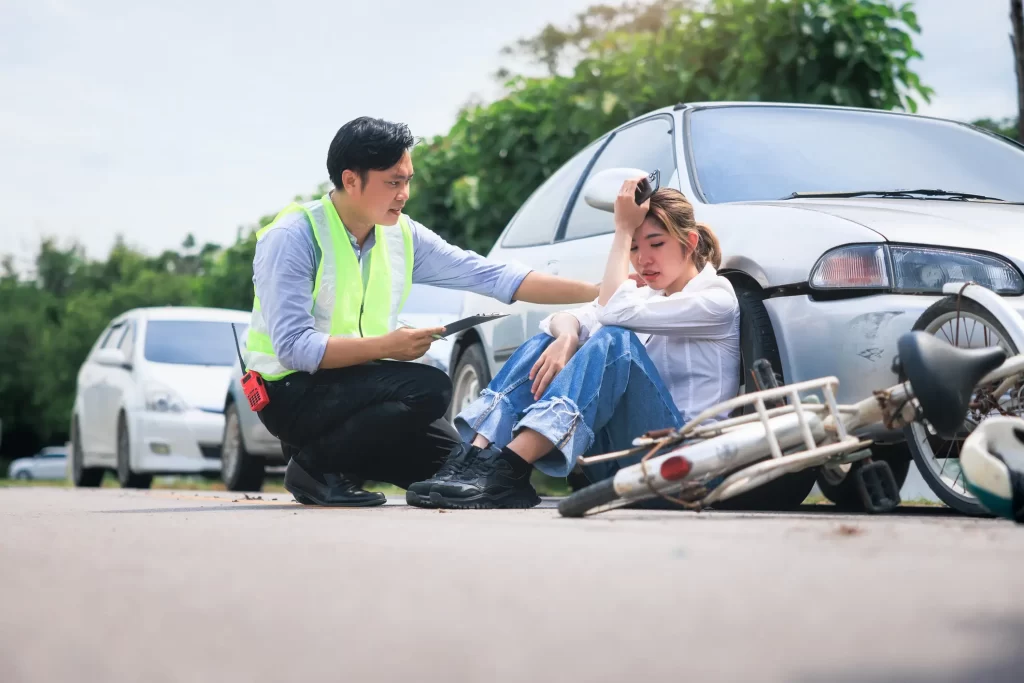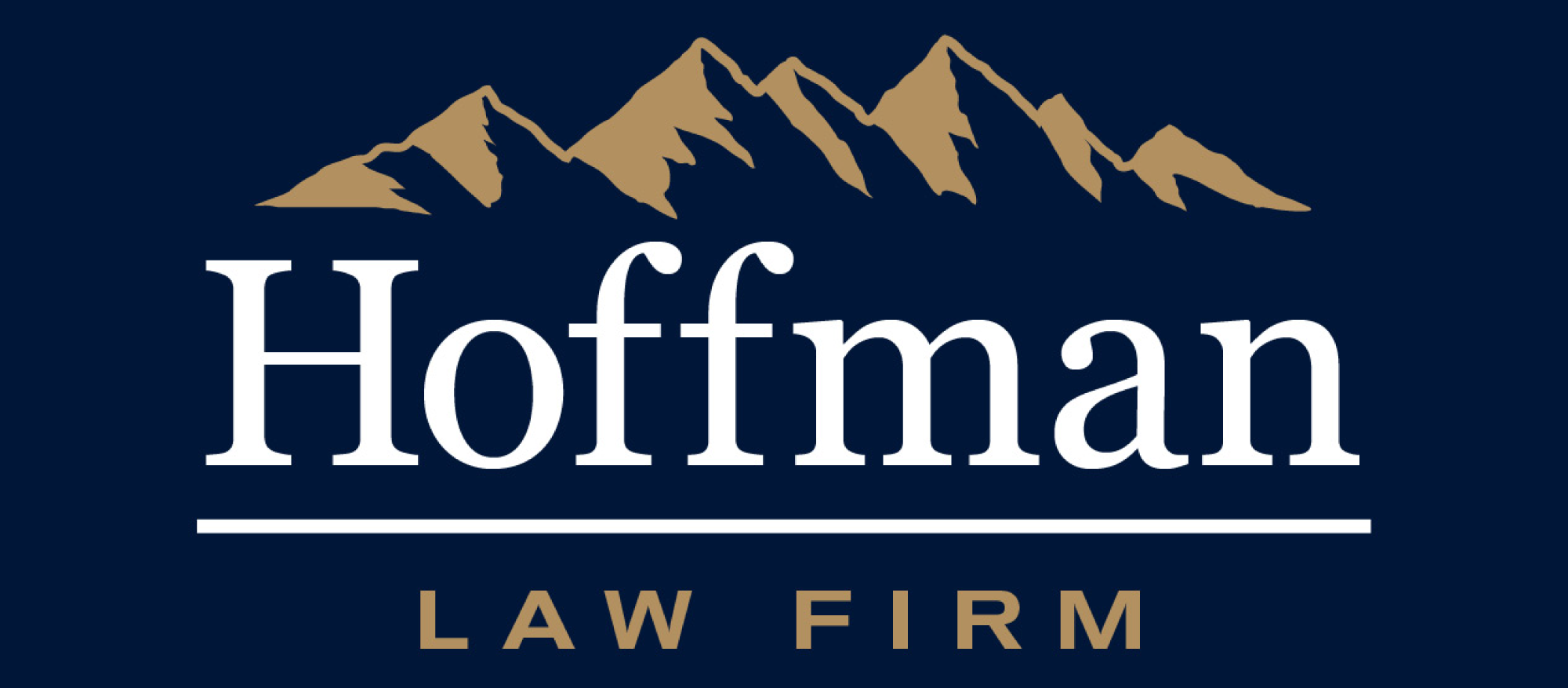What to do After a Motorcycle Accident

The appeal of motorcycles in Colorado is undeniable, drawing riders from far and wide to experience the state’s stunning landscapes and scenic routes. From winding mountain roads to open highways, Colorado offers an unmatched playground for motorcycle enthusiasts seeking adventure. However, this popularity comes with a sobering reality: an increase in motorcycle crashes and injuries.
In Colorado, motorcycle accidents can have severe consequences, often resulting in physical and emotional injuries. After a crash, it’s important to handle the situation carefully to protect your rights and ensure you receive proper compensation for any injuries sustained. This guide offers steps to follow after a motorcycle accident, emphasizing their importance in safeguarding your legal rights and securing the appropriate compensation.
Prioritize Safety
The immediate aftermath of a motorcycle accident can be chaotic and overwhelming. Your obvious priority should always be safety. Move to a safe location, if possible, away from oncoming traffic, and assess yourself and others for injuries. If anyone is seriously injured, call 911 immediately for medical assistance.
Contact Law Enforcement
Contacting law enforcement after a motorcycle crash is important for several crucial reasons. First, it ensures that an official record of the accident is created, documenting important details such as the date, time, and location of the crash, as well as any injuries sustained by involved parties. This police report serves as valuable evidence for insurance claims and legal proceedings, providing an unbiased account of the accident. Additionally, law enforcement officers are trained to conduct investigations at accident scenes, gather witness statements, assess road conditions, and determine factors contributing to the crash, such as driver negligence or road hazards. Their expertise can uncover critical information that may not be immediately apparent to those involved in the accident.
Moreover, involving law enforcement helps to ensure that all parties involved in the crash adhere to legal requirements, such as exchanging contact and insurance information, which is important for facilitating the claims process. Ultimately, contacting law enforcement after a motorcycle crash not only helps to protect your rights but also promotes accountability and transparency in the aftermath of a potentially traumatic event.
Exchange Information:
While waiting for law enforcement to arrive, exchange contact and insurance information with the other parties involved in the accident. Be sure to collect the following details:
- Names and contact information
- Insurance policy numbers
- Vehicle registration information
- Driver’s license numbers
- Contact information for any witnesses
Document the Scene:
Documenting the scene of a Colorado motorcycle crash is important for several reasons, as it provides valuable evidence that can be instrumental in insurance claims and legal proceedings. When documenting the scene, focus on capturing various aspects of the accident comprehensively.
- Take photographs of the vehicles involved in the crash from multiple angles, including any damage sustained. These images can help establish the extent of the collision and provide visual evidence of the severity of the accident.
- Document any visible injuries you or others may have sustained, as well as the positioning of vehicles and any relevant road markings or signage. Pay attention to factors such as weather conditions, road surfaces, and traffic flow, as these may have contributed to the crash.
- Gather contact information from any witnesses present at the scene, as their statements can corroborate your account of the accident.
- Make note of any statements or admissions made by the other parties involved in the crash, as these may be relevant to determining liability.
Seek Medical Attention:
Even if you don’t believe your injuries are severe, you should seek medical attention promptly after a motorcycle accident. Some injuries, such as internal trauma or concussions, may not be immediately apparent but can have serious long-term consequences if left untreated. Follow through with all recommended medical treatments and keep detailed records of your injuries and medical expenses.
Notify Your Insurance Company:
It’s important to contact your insurance provider promptly after the accident to report it and start the claims process. When giving information about the accident, be honest and cooperative, but be cautious not to say anything that could be used against you later, especially if you’re unsure or making assumptions. Your insurance company will assist you in filing the claim and guide you through the required steps.
Consult with a Personal Injury Attorney:
Dealing with the aftermath of a motorcycle accident can be complex, especially when facing injuries, property damage, and insurance negotiations. Consulting with an experienced personal injury attorney can provide invaluable guidance and advocacy throughout the process. An attorney can help:
- A lawyer can provide invaluable legal guidance and expertise, helping you navigate the complexities of the claims process and ensuring that your rights are protected every step of the way. They can review the details of your case, assess the extent of your injuries, and advise you on the best course of action to pursue fair compensation for your losses.
- Handle communication and negotiations with insurance companies on your behalf, relieving you of the stress and burden of dealing with aggressive adjusters or confusing legal jargon. They have experience dealing with insurance companies and understand the tactics they may use to minimize or deny your claim. By having a skilled advocate on your side, you can level the playing field and increase your chances of obtaining a favorable outcome.
- A lawyer can conduct a thorough investigation into the circumstances surrounding the motorcycle crash, gathering evidence such as witness statements, accident reports, and medical records to strengthen your case. They can also work with accident reconstruction experts if necessary to determine liability and establish the extent of damages incurred.
- A lawyer understands how to present your injuries to insurance companies to assure you obtain the compensation deserve.
Preserve Evidence:
In addition to documenting the accident scene, preserve any other evidence related to the accident, such as medical records, repair estimates, correspondence with insurance companies, and witness statements. This evidence can strengthen your case and support your compensation claims.
Understand Your Rights:
As a motorcycle accident victim in Colorado, you have rights under state law. These rights include the right to pursue compensation for your injuries, medical expenses, lost wages, pain and suffering, and other damages resulting from the accident.
Stay Vigilant and Patient:
Resolving a motorcycle accident claim can take time, especially if negotiations with insurance companies are involved or if legal action becomes necessary. Stay vigilant, keep records of all communications and developments related to your case, and remain patient throughout the process. Your attorney will work tirelessly to achieve the best possible outcome on your behalf.
Experiencing a motorcycle accident can be a traumatic and life-altering event, but knowing what steps to take in the aftermath can make a significant difference in your recovery and pursuit of justice. By prioritizing safety, seeking medical attention, documenting the scene, and seeking legal guidance, you can protect your rights and work towards securing the compensation you deserve. If you’ve been involved in a motorcycle accident in Colorado, don’t hesitate to reach out to Hoffman Law Firm PC for experienced and compassionate legal representation. We’re here to help you navigate this challenging time and pursue the justice you deserve.
